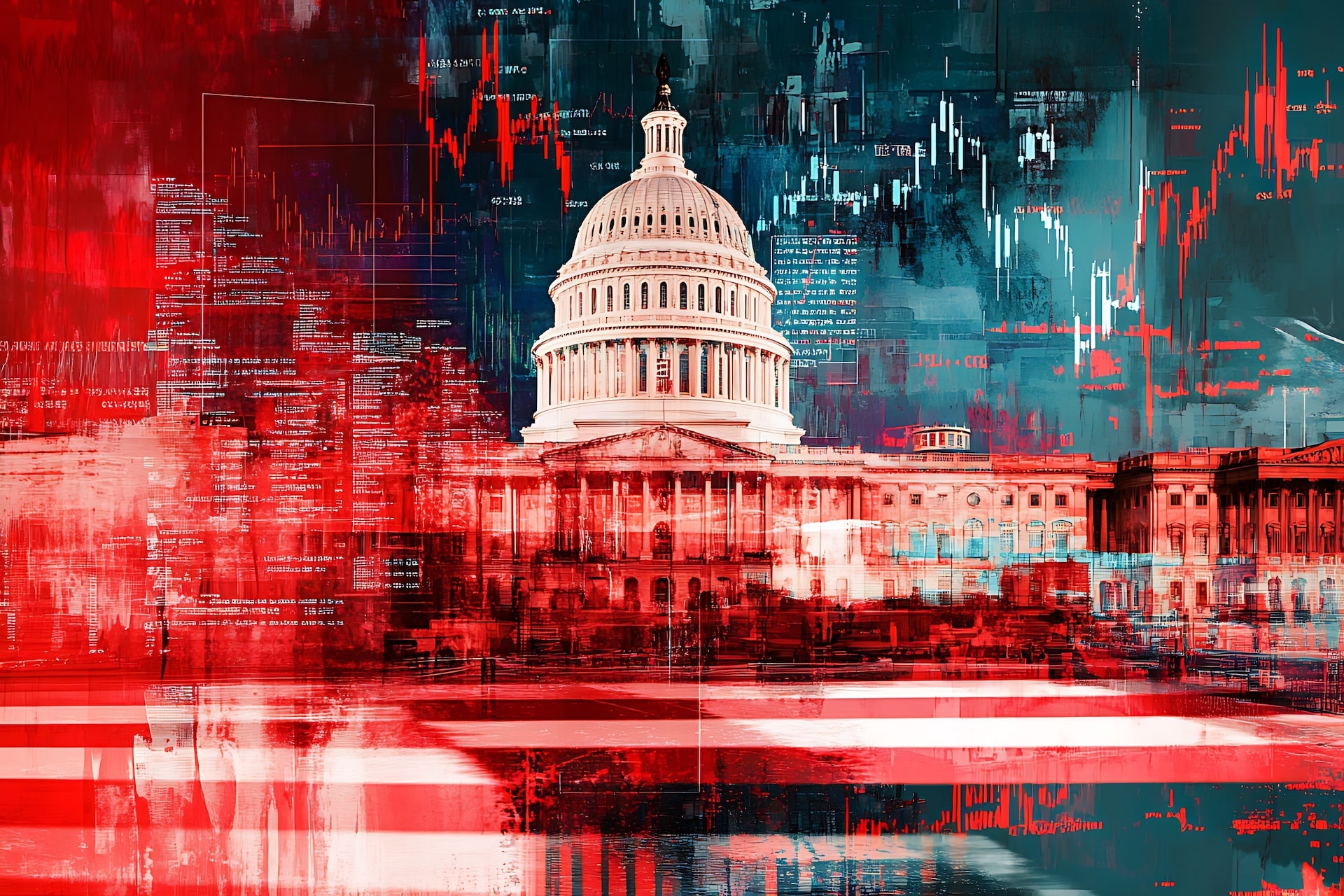Credit Sesame’s personal finance news roconsumer price indexundup February 17, 2024. Stories, news, politics and events impacting personal finance during the past week.
- Inflation ticked up in January 2024
- Producer prices add support to inflationary resurgence
- Japan and UK fall into recession
- Consumer complaints rose slightly in 2023
- Buy Now Pay Later appears to be habit-forming among financially fragile households
- Retail sales suffer sudden drop
- Mortgage rates make significant jump
Inflation ticked up in January 2024
The January 2024 Consumer Price Index report was a reminder of just how stubborn inflation can be. Inflation for the month came in at 0.3%, the highest monthly reading since September 2023. That monthly rate would project to annual inflation of 3.66%, above the 3.1% rate for the last twelve months. Worse, core inflation came in at 0.4% for January and was 3.9% over the past 12 months. While inflation has slowed since its peak of 8.9% in mid-2022, it remains well above the Fed’s 2% target, and progress seems to have stalled. January’s inflation was higher than investors and economists had expected, sending the stock market plunging on the news. See news release at BLS.gov.
Producer prices add support to inflationary resurgence
The Producer Price Index (PPI) rose by 0.3% in January. This was the biggest rise in the PPI since last August. The cost for services grew faster than the cost of goods, suggesting that the labor shortage may be helping to fuel the revival of inflation. Over the past 12 months, the PPI was up just 0.9%. Until now, slower price increases have given producers room to ease up on retail price increases. However, the uptick in producer price increases in January will likely keep upward pressure on consumer prices. See news release at BLS.gov.
Japan and UK fall into recession
The latest economic releases this week revealed that the economies of both Japan and the United Kingdom are in a recession. A recession is a period in which inflation-adjusted economic activity is shrinking. Japan’s and the United Kingdom’s economies have now contracted for two consecutive quarters. That is a widely accepted parameter for declaring a recession, though not always definitive. The shrinkage of Japan’s economy allowed Germany to surpass it as the world’s third largest, behind the United States and China. The economic setback for the United Kingdom further weakens Prime Minister Rishi Sunak’s hold on power, with a general election looming in less than a year. See article at Business-Standard.com.
Consumer complaints rose slightly in 2023
The Federal Trade Commission just released some new data from its Consumer Sentinel Network (CSN), which tracks consumer complaints about various issues. The CSN received nearly 5.4 million reports in 2023, up 5.3 million in 2022 but short of the 6.1 million received in 2021. Identity theft was the most commonly reported problem, representing 19.23% of the total. Credit cards were the most common target of identity theft. This included people fraudulently using information on existing cards and those making unauthorized applications for a new card in someone else’s name. People in their 20s were the most common victims of fraud, though those aged 80 or above suffered the highest average losses. See full report at FTC.gov.
Buy Now Pay Later appears to be habit-forming among financially fragile households
A new analysis of survey data by the Federal Reserve Bank of New York found that financially fragile households tend to use Buy Now Pay Later (BNPL) plans more frequently than financially stable households. Financially fragile households are defined as those with one or more of the following characteristics: credit score below 620, having had a credit application declined within the past year, and having become 30 or more days delinquent on loan payments within the past year. Among households that use BNPL, 60% of financially fragile ones have used it five or more times within the past year, compared with 23% of financially stable households. The bulk of BNPL purchases by financially fragile households are under $250, while financially stable households tend to use it more for larger purchases. BNPL users often seem under the mistaken impression that using it will help their credit. See analysis at NewYorkFed.org.
Retail sales suffer sudden drop
The Census Bureau reported that retail sales fell by 0.8% in January after rising by 0.4% in December. That was only their second decline since the middle of last year and the largest decline since March of 2023. Notably, the numbers are adjusted for seasonal variations and reflect the typical fall-off in retail sales after the holidays. The steep drop in retail sales may suggest that the solid economic growth seen in the latter half of last year is ending. See article at Yahoo.com.
Mortgage rates make significant jump
30-year mortgage rates rose by 0.13% last week to reach 6.77%. This was the largest single-week rise in mortgage rates since last October. Before last week’s jump, mortgage rates had stayed within a tight range between 6.62% and 6.69% so far in 2024. The sudden rise may be a sign of things to come after Tuesday’s report of surprisingly strong inflation for January. High inflation tends to send interest rates higher. See rate details at FreddieMac.com.
Weekly news headlines from Credit Sesame




















